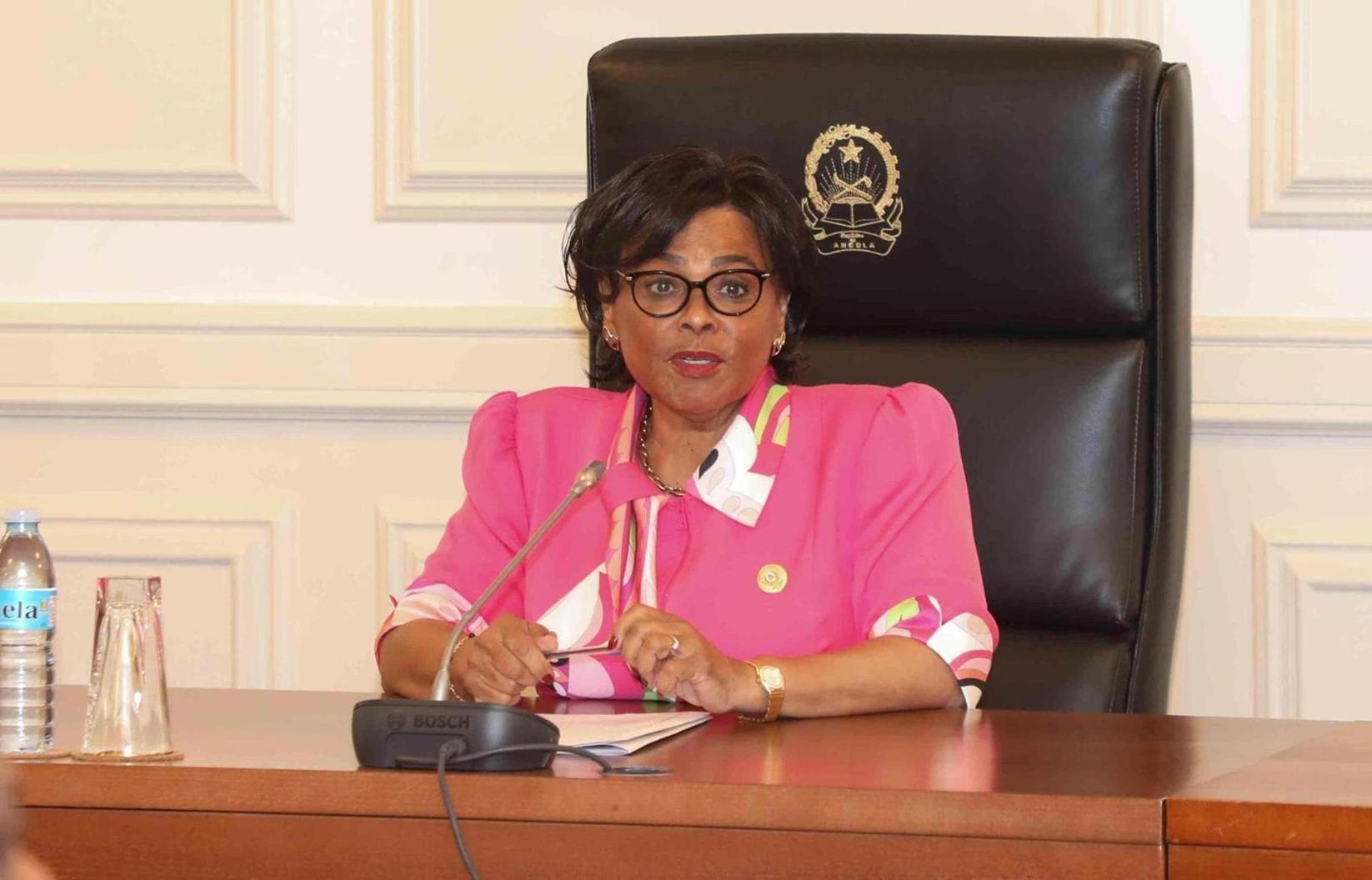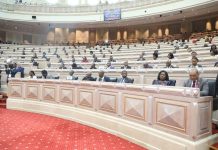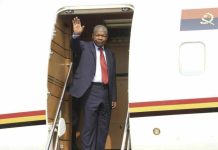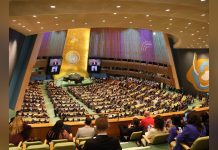Africa-Press – Angola. The President of the National Assembly, Carolina Cerqueira, returned yesterday, Wednesday the 13th, during the 7th extraordinary plenary meeting, to star in an episode that is shaking up the backstage of Angolan politics and, this time, with accusations of censorship, submission and excessive adulation of João Lourenço.
The most controversial moment occurred during the debate on the events of July 28, 29 and 30 – days marked by taxi drivers’ strikes, which resulted in acts of vandalism, looting, destruction of public and private property and the death of more than 40 people – when independent deputy Francisco Viana directly blamed President João Lourenço for what happened, due to the worsening social and economic crisis since he took power.
Before he could conclude his speech, Carolina Cerqueira interrupted him abruptly and unfriendly, a gesture that, according to several analysts, symbolizes the growing personalization of power within the National Assembly.
Veteran journalist Graça Campos, former director of Semanário Angolense, reacted harshly on social media.
“If it were up to Carolina Cerqueira alone, the National Assembly – the most important sovereign body, as it is directly elected – would have already been transformed into an MPLA Action Committee, of which she would, obviously, be the coordinator.”
Graça Campos added that the President of the Assembly “cannot hide her discomfort, and even a certain panic, whenever any opposition deputy alludes to João Lourenço, whether in his capacity as Head of State or as Head of Executive Power.”
“At the slightest allusion to the President, Carolina Cerqueira reacts with warnings, as if Parliament’s mission were to protect the image of the Head of the Executive Branch and not to freely debate the country’s problems,” he criticized.
For the journalist, this behavior “weakens the independence of Parliament” and compromises the separation of powers.
“Because it is excessive and uncalled for, political caxiquice is already beginning to smack of institutional submission, something incompatible with the role that the Constitution reserves for the National Assembly.”
Social analyst Henda Ya Xiyetu also did not hold back on his criticism, citing as an example another part of Francisco Viana’s speech, in which the deputy mentioned that João Lourenço had used state funds to take supporters (MPLA militants) on his recent state visit to Portugal, while the population faces severe hunger.
“Upon hearing this, Carolina Cerqueira reacted as if a grave affront had been committed, attempting to silence the representative. But Francisco Viana didn’t back down, maintaining his speech until the end, and demonstrating that no one should be forcibly silenced in Parliament,” he reported.
For Henda, the presidency of the Assembly runs the risk of “transforming a space for plural debate into a stage for political intimidation, where legitimate criticism becomes the target of tacit censorship.”
“The level of political loyalty has already exceeded what is reasonable. Parliament cannot function as an appendage of the executive branch nor as a space for personal reverence to the President of the Republic,” he warned.
The growing perception that the National Assembly acts as an extension of the Presidency of the Republic raises concerns about the health of Angolan democracy.
Experts interviewed by Imparcial Press point out that Parliament’s primary function is to oversee the Executive and ensure a balance of powers, not to protect political figures from legitimate criticism.
The episode reignites the debate over the degree of legislative autonomy in Angola and the need for parliamentary proceedings to respect not only procedural rules but also constitutional principles that ensure pluralism and freedom of expression.
For More News And Analysis About Angola Follow Africa-Press






